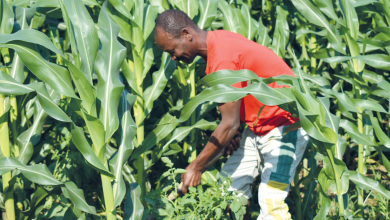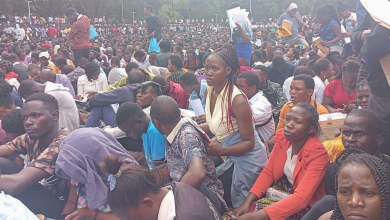Politicking with poverty
With six decades of sovereignty, have you ever wondered why Malawi, our country, is undeniably stuck in poverty?
It is common knowledge that after 60 years of self-rule, the majority of the country’s citizenry is still struggling to access basic necessities of life, including potable water, food security, quality healthcare, decent housing, basic education and financial sustainability.
One would find it unbelievable when they learn that in the 1960s our standards of living plus the general welfare was at par with that of the Asian Tigers—Hong Kong, Singapore, South Korea, and Taiwan.
All these countries have experienced significant economic growth and superior standards of living since then, while we slide deeper into poverty.
This is despite the fact that some of them started with the same agricultural-based economic policies like Malawi.
Sadly, the economic situation in our motherland today can no longer compare with that of the Asian Tigers.
With this background, one would safely conclude that we have not done enough as a country in uplifting the standards of living for our citizens since independence.
At this point, the question would be: What is the underlying reason for our persistent poverty and economic challenges?
For starters, one would correctly state that we have not industrialised our economy, just like the Asian Tigers did.
Others would suggest rapid population growth, poor governance, and corruption as the reasons behind our poverty and economic challenges.
However, a closer look at our situation reveals that the underlying reason for our widespread poverty is a concept called manufactured dependency.
In simple terms, manufactured dependency refers to the tendency of intentionally creating conditions where someone cannot be self-sustaining in order to create their reliance on you while you gain some level of control over them.
Oftentimes, people that manipulate others through manufactured dependency provide just enough to keep their victims going, and it seems this phenomenon has been well mastered by our politicians through the years.
How many times have we heard someone saying that we have not been making meaningful progress as a country because of the lack of political will?
Well, in our case, manufactured dependency is manifested in the noticeable lack of political will to decisively deal with widespread poverty, poor living standards and other well-known challenges.
One would think that either our politicians are not ambitious enough or that we do not have the resources to get the masses out of poverty.
However, the painful truth of the matter is that despite having enough resources to improve our standards of living, our politicians are passive about it as they are happy with the status quo.
Of course, someone would rightly ask: Why would our politicians keep the masses in dire poverty deliberately?
The answer is simple. Leverage. They use poverty for personal political gains.
It is unfortunate that our politicians believe that as long as the citizenry is trapped in mazy socioeconomic challenges, including seemingly unshakable poverty, they will keep presenting themselves as solution providers, and consequently still be relevant to the masses.
To make matters worse, we, the citizens, are naïve and gullible enough to believe that politicians are out there to help us out of poverty.
For crying out loud, these are the very same individuals that have created, sustained and are happy with the stagnant economic state that we are in as a country!
For the Asian Tigers, all they needed was the political will of their leaders to create and sustain superior standards of living for their citizens.
In conclusion, it would be safe to state that our widespread poverty and poor standards of living are man-made, created by our politicians through the years as they keep practising a concept called manufactured dependency.



